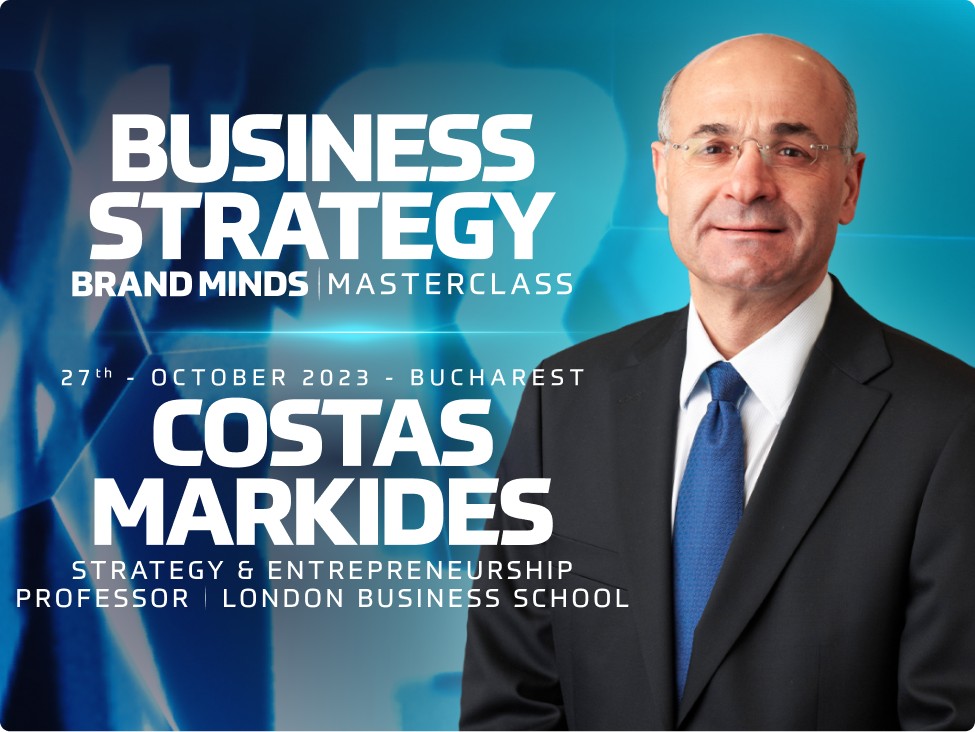The 3 big risk management mistakes executives make
If you’re an executive, in charge of outlining the business strategy, read on to learn what the 3 big common risk management mistakes are and how to avoid them.
Risk Management Mistake #1 Thinking we can manage risk by predicting extreme events
Energy companies have gone from predicting the moment a nuclear power plant will explode to preparing for the consequences of such an event.
Like these companies, we’re very good in our day-to-day lives at thinking about how we’re going to deal with the repercussions of a Black Swan event (low probability, high impact) instead of worrying that it might happen.
For this reason, we get insurance for health, home, or car, but to a lesser extent, we do this in business, which is more seen as an optional thing.
How to avoid this risk: Adopt strategic foresight.
What is strategic foresight? It’s the Waze of business; it’s strategy, tool, process and mindset combined.
By using strategic foresight, companies can identify vital early signs of change that could influence or disrupt their industry. It is a contribution to the mitigation of risks explicitly related to external events — changes in the competitive environment.
Further on, strategic foresight allows them to think in alternative scenarios and turn change and uncertainty into opportunities. If you were a decision-maker, wouldn’t you like to have an early warning capability?
Foresight also helps companies build relevance: understanding future trends allows companies to anticipate what consumers/employees want next and create relevance for them. Ask yourself, is the industry changing, but your company is not?
Learn more on business foresight.
Risk Management Mistake #2 Being convinced that studying the past will help us manage risk
Until the late 1980s, the worst drop in stock prices in a single day had been about 10%. However, prices fell by 23% on October 19, 1987.
Risk managers believe that they can find precedents for all events that happen and that they can predict everything that will happen based on previous events. But Black Swan events are unprecedented, and the interdependence and non-linearity of events increases.
How to avoid this risk: Be aware of any change in your customers’ behaviour.
Studying the past doesn’t help us predict the future. But studying our customers’ behaviours can help us better prepare for any change the future might bring.
We don’t need to be aware of the latest development in technology in every market; just the tech our customers use or switch to. Look closely at your customers’ moves and preferences and create strategies to meet their needs accordingly.
Risk Management Mistake #3 We don’t listen to advice about what we shouldn’t do
Almost every business section in all bookstores is full of titles showcasing success stories and just a few with a negative connotation that teaches you what you should not do. This is why economists are framed to create success stories.
If there’s one lesson we should learn from chess, it’s this: grandmasters win games by focusing on avoiding errors while inexperienced chess players play to win and invariably make fatal mistakes.
Likewise in the economy, most of the time risk managers act like risk investors trying to win, but a dollar saved is a dollar earned, so saving money for your company is just as important as bringing in additional profits.
This is why corporations should integrate risk-management activities into profit centres and treat them as profit-generating activities, particularly if the companies are susceptible to Black Swan events.
How to avoid this risk: Listen to your frontline workers.
Whether they are in customer experience or sales, workers who are in direct contact with your customers are extremely valuable and their input should not be taken lightly. They are your company’s proverbial finger on the pulse and if allowed, will share their insights and prevent you from making bad decisions.
Afraid of making the wrong decisions?
Attend the BUSINESS STRATEGY MASTERCLASS, on October 27 and learn how to make the best decisions for your organization from Costas Markides, Professor of Strategy & Entrepreneurship at London Business School.


